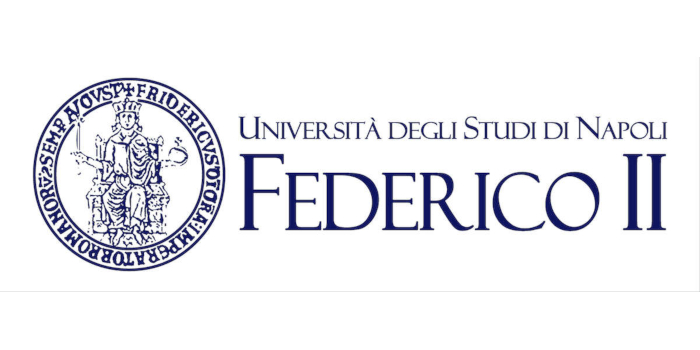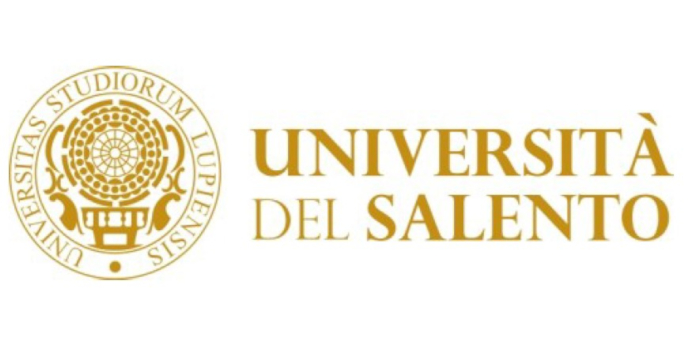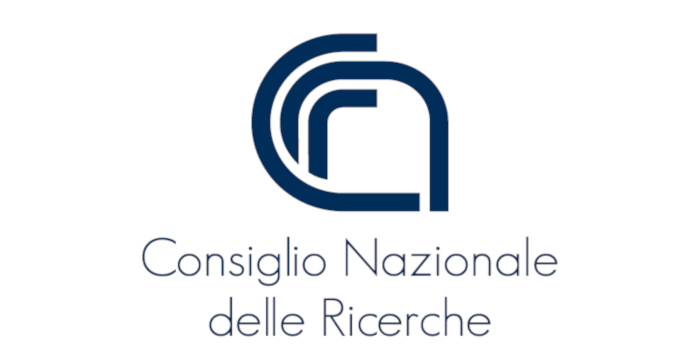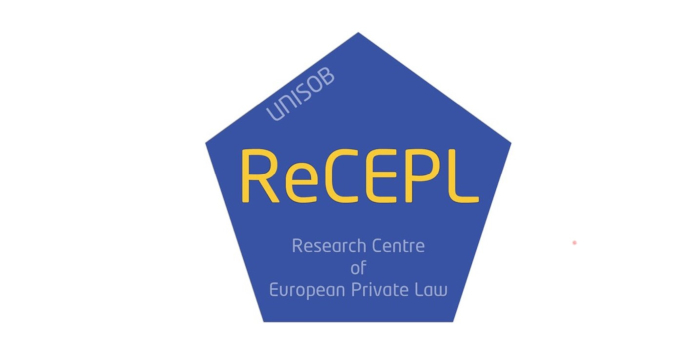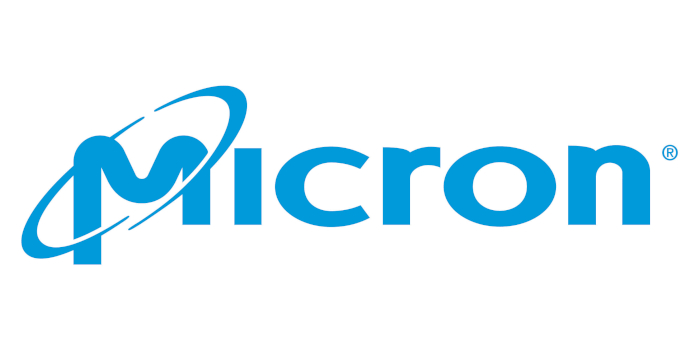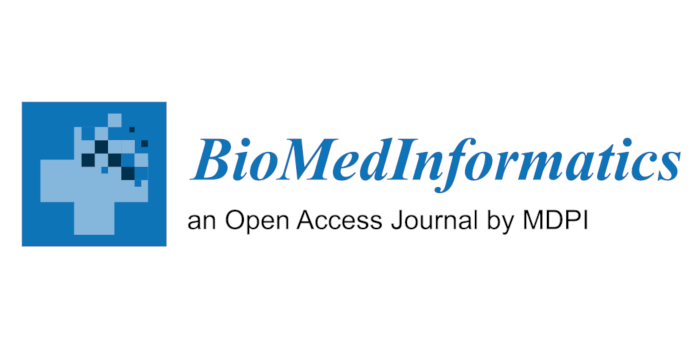Legal aspects on science & society in Brain Computer Interface

ORGANIZED BY
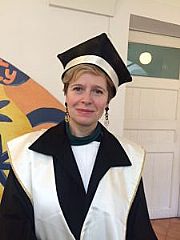
Lucilla Gatt
Università degli Studi Suor Orsola Benincasa di Napoli, Italy

Ilaria Amelia Caggiano
Università degli Studi Suor Orsola Benincasa di Napoli, Italy

Fiorella Battaglia
Ludwig-Maximilians-Universität München

Maria Cristina Gaeta
Università degli Studi Suor Orsola Benincasa di Napoli, Italy
ABSTRACT
The Brain Computer Interface (BCI) can be very useful for assisting and protecting people in different environments (workplace, medical and educational fields, as well as, more generally, in interpersonal relationships) but a complete regulation of the phenomenon appears necessary to define the legal consequences of the individual’s behaviours using BCI devices. At the same time, to limit the risk for individuals interacting with these technologies, a specific regulation can guarantee adequate protection.
The considerable potential of BCI is evident but, the rapid spread of these neural technologies requires the analysis of multiple issues related to the application of BCI devices or their software, in order to regulate these new technologies with legal and ethical rules, under an anthropocentric perspective.
Therefore, this special session will host contributions on the legal and ethical issues of BCI applications. First, from a legal point of view, the session will include contributions on the right to non-verbal communication through BCI as well as on the legal effectiveness of the BC-Imediated behaviour.
Furthermore, a central topic of the special session will be represented by the possibility of damageto the user that interacts with BCI technologies (safety, privacy and cybersecurity issues). In addition to the legal issues, the ethical aspects will be highlighted in the special session contributions, such as the need for BCI devices to be non-invasive and, in general, to be compliant with the ethical principles of AI.
TOPICS
The list of topics includes (but it is not limited to) the following:
- Legal and ethical aspects related to BCI applications;
- Right to non-verbal communication through BCI;
- Legal effectiveness of the BCI-mediated behaviour:
- BCI and the risks for the individuals;
- BCI and safety issues;
- Neural data processing;
- BCI and cybersecurity issues;
- Legal regulation of the BCI;
- Ethical challenges for BCI;
- Case studies on Law and BCI.
ABOUT THE ORGANIZERS
Lucilla Gatt. Full professor of Civil Law, Family, New technology Law at Università degli Studi Suor Orsola Benincasa di Napoli (UNISOB), where she was also Professor of Private Law and Private Comparative Law. Chair Holder of the Jean Monnet Chair PROTECH (European Protection Law of Individuals in Relation to New Technologies) at Università degli Studi Suor Orsola Benincasa di Napoli, and already Jean Monnet Professor of European Contract Law at the University of Campania Luigi Vanvitelli (2005-2009).
Lawyer admitted to practice before Superior Courts (Cassazionista) and Arbitrator of the Banking and Finance Arbitrator.
Director of the Research Centre of European Private Law (ReCEPL) at UNISOB and member of the scientific committee of CIRB - Centro Interuniversitario di Ricerca Bioetica, at Università degli Studi di Napoli Federico II. President of the Academy of European private lawyers (and Director of the Neapolitan section), she has founded the Observatory on the process of unification of private law in Europe. She is also a member of the Interdepartmental Centre of Project Design and Research Scienza Nuova and coordinates the Living Lab Utopia on the possible interactions between law and new technologies.
She won several national and European projects, among which two co-funded by the European Commission: “Training Activities to implement the data protection Reform” (TAtoDPR), where she was Principal Investigator, and the Jean Monnet Chair "European Protection Law of Individuals in relation to New Technologies" (PROTECH), where she is Chair Holder.
She is in charge of the legal profile in the Ph.D. course in Humanities and Technologies: an integrated research path and she was coordinator of the Ph.D. Course in Legal strategy for the development and internationalization of SMEs.
She is vice-director of Familia Journal and director of the European Journal of Privacy Law & Technologies, as well as and member of the scientific committee of the Diritto di Internet Journal.
Ilaria Amelia Caggiano. Full Professor of Private Law at Università degli Studi Suor Orsola Benincasa di Napoli (UNISOB),
where she holds, at the Law Department, the chairs of Private Law, and New technology law. She
also teaches Private Law in the course of Business Economics - Green Economy of the same
University. She is Director of the II Level Master degree in Data Protection Officer and Privacy
Law. She is vice-director of the Research Centre of European Private Law (ReCEPL) and member of
the Living Lab Utopia of the Interdepartmental Centre of Project Design and Research Scienza
Nuova, both at UNISOB. Vice editor in chief of the European Journal of Privacy Law &
Technologies, as well as Referee of numerous scientific journals. She is lawyer since 2008,
Arbitrator of the Banking and Finance Arbitrator, and Lecturer of the CIRB - Centro
Interuniversitario di Ricerca Bioetica at Università degli Studi di Napoli Federico II. Formerly
Fulbright Scholar, she has carried out research and teaching stays in foreign universities. She is the
author of articles and monographs concerning, lastly, biotechnology, new technologies and data
protection.
She won several national and European projects, among which two co-funded by the European
Commission: “Training Activities to implement the data protection Reform” (TAtoDPR), where she
was staff member, the Jean Monnet Chair "European Protection Law of Individuals in relation to
New Technologies" (PROTECH), where she is Module Leader and the Jean Monnet Chair
“European Green Rights: reshaping fundamental rights for next generations” (EUGREENEXT),
where she is chair Holder.
Fiorella Battaglia is Associate Professor at Ludwig-Maximilans-Universität, Munich, Chair IV Philosophy and Political Theory. She is an ethical expert for a number of European Commission departments providing advice on policy activities. She was Principal Investigator in the project “RoboLaw. Regulating Emerging Robotic Technologies in Europe: Robotics facing Law and Ethic” (funded by the EU Commission). Previously, she was a research member in the project “PSYCHE. Personalized monitoring Systems for Care in Mental Health” (funded by the EU Commission), member of the ethical committee of the project “Interfaces”, funded by the Bundesministerium für Bildung und Forschung, and a member in the interdisciplinary research group “Functions of Consciousness” at the Berlin-Brandenburg Academy of Sciences and Humanities (BBAW). Currently, she is the PI of the project “TechToys” funded by the BMBF and in charge of the ELSA assessment of sensorized TOYS designed to Acquire digiTal biomarkErs in infanCy for the early detection and monitoring of neurodevelopmental disorders.
Maria Cristina Gaeta. Researcher in Private Law and Scientific Secretary of the Research Centre of European Private Law (ReCEPL), both at Università degli Studi Suor Orsola Benincasa di Napoli (UNISOB), where she held a research fellowship (2019-2021). She is also a member of the Interdepartmental Centre of Project Design and Research Scienza Nuova (Living Lab Utopia) at UNISOB.
She is Editorial Team Coordinator of the European Journal of Privacy Law & Technologies and a member of the editorial board of Familia Journal and Diritto di Internet Journal.
Adjunct professor in Family law in a digital age and Teaching assistant in New Technology Law, Civil Law and Consumer Law at Università degli Studi Suor Orsola Benincasa di Napoli; as well as a Teaching assistant in Family Law at Università degli Studi di Napoli Federico II, where she held a Ph.D. in People, Business and Markets Law in 2019.
She has participated as a team member in many national and European projects, among which three co-funded by the European Commission: “Training Activities to implement the data protection Reform” (TAtoDPR), Jean Monnet Chair "European Protection Law of Individuals in relation to New Technologies" (PROTECH) and Jean Monnet Chair “European Green Rights: reshaping fundamental rights for next generations” (EUGREENEXT).
Lawyer since 2018, expert in New Technology Law.


